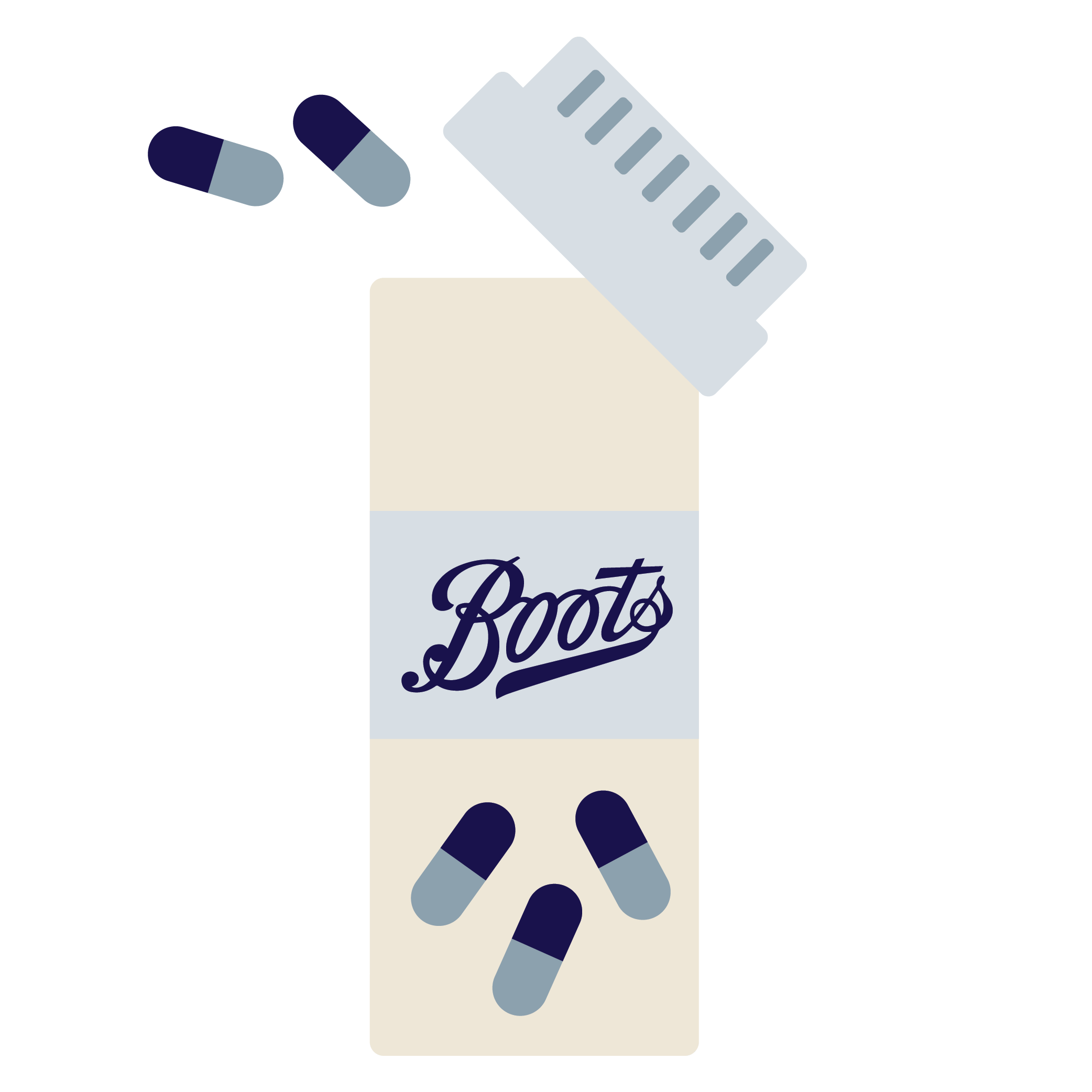
MIGRAINE TREATMENT FACTS
MIGRAINE TREATMENT FACTS
About migraine treatment
Migraines can’t be cured but, if suitable for you, we can offer a choice of oral or nasal triptan medicines to help reduce the symptoms of migraines.
You may also wish to take paracetamol or ibuprofen for additional pain relief alongside the triptan treatments.
Taking an anti-sickness tablet may also help even if you aren’t experiencing nausea or vomiting as part of your migraine symptoms. Talk to your Boots pharmacist about purchasing this medicine.
How do the treatments work?
Migraines may occur when the blood vessels in the brain suddenly widen. The treatments can help ease symptoms of your migraine by reducing the widening of blood vessels to help your headache resolve.

How do I take the treatments?
If suitable for you, we’ll prescribe one of the following triptan medicines: Sumatriptan, Zolmitriptan, Maxalt or Imigran.
Sumatriptan, Zolmitriptan and Maxalt (containing rizatriptan) all come as tablets that should be taken as soon as you feel your migraine pain appearing. The correct number of tablets to take and how often you can take them depends on the dosage you’re prescribed.
Zolmitriptan also comes as an oro-dispersible (melt in the mouth) tablet that may be more suitable for some.
Imigran is a nasal spray that contains sumatriptan. You should apply one spray to one nostril as soon as you feel your migraine pain appearing. You can use one additional spray within 24 hours if symptoms improve but then return.
For full details on how to take the medicine prescribed, please carefully read your Boots Online Doctor Service treatment message and the Patient Information Leaflet that comes with your medicine.
What are the side effects of migraine treatment?
Side effects of these triptan treatments could include:
- An unpleasant taste in the back of your mouth
- Dry mouth and difficulty swallowing
- Dizziness
- Tiredness or drowsiness
- Warm sensations, flushing
- A feeling of heaviness in the face, limbs or chest
- Tingling or skin sensitivity
- Feeling sick (nausea) or being sick (vomiting)
- Nosebleeds (when using the Imigran nasal spray)
For the full information on a medicine’s side effects and how to take it, it’s important to read the Patient Information Leaflet that comes with your medicine.
Although very rare, allergic reactions can occur. If you have difficulty breathing, chest tightness, a fast heartbeat, feel faint, a red blistering skin rash or swelling of the mouth/ lips/ tongue or throat get emergency medical treatment immediately.
How effective are migraine treatments?
These treatments are all intended to help reduce the widening of blood vessels in the brain that can occur with migraines. This should help to bring relief from your headache and ease migraine symptoms.
Important safety information
If you feel dizzy, tired or drowsy when taking triptan medicine, do not drive or operate heavy machinery.
It’s important that you tell us which other medicines you’re taking — whether they’re prescription or medicines you’ve bought without a prescription. You must also tell us of any other conditions you live with. We need to know so that we only prescribe a migraine treatment if suitable for you.
If your symptoms are not consistent with migraines you've had in the past, or are more severe or came on more suddenly, this treatment isn’t suitable – please seek urgent medical attention.
What if I’m pregnant?
If you’re pregnant, trying to get pregnant or are breastfeeding, this service isn’t suitable and you should not take triptan medicine in these circumstances. Speak to your midwife or doctor for advice on how to manage your migraines.
Can I get treatment if I smoke?
You must tell us if you smoke. This service may not be suitable for you.

